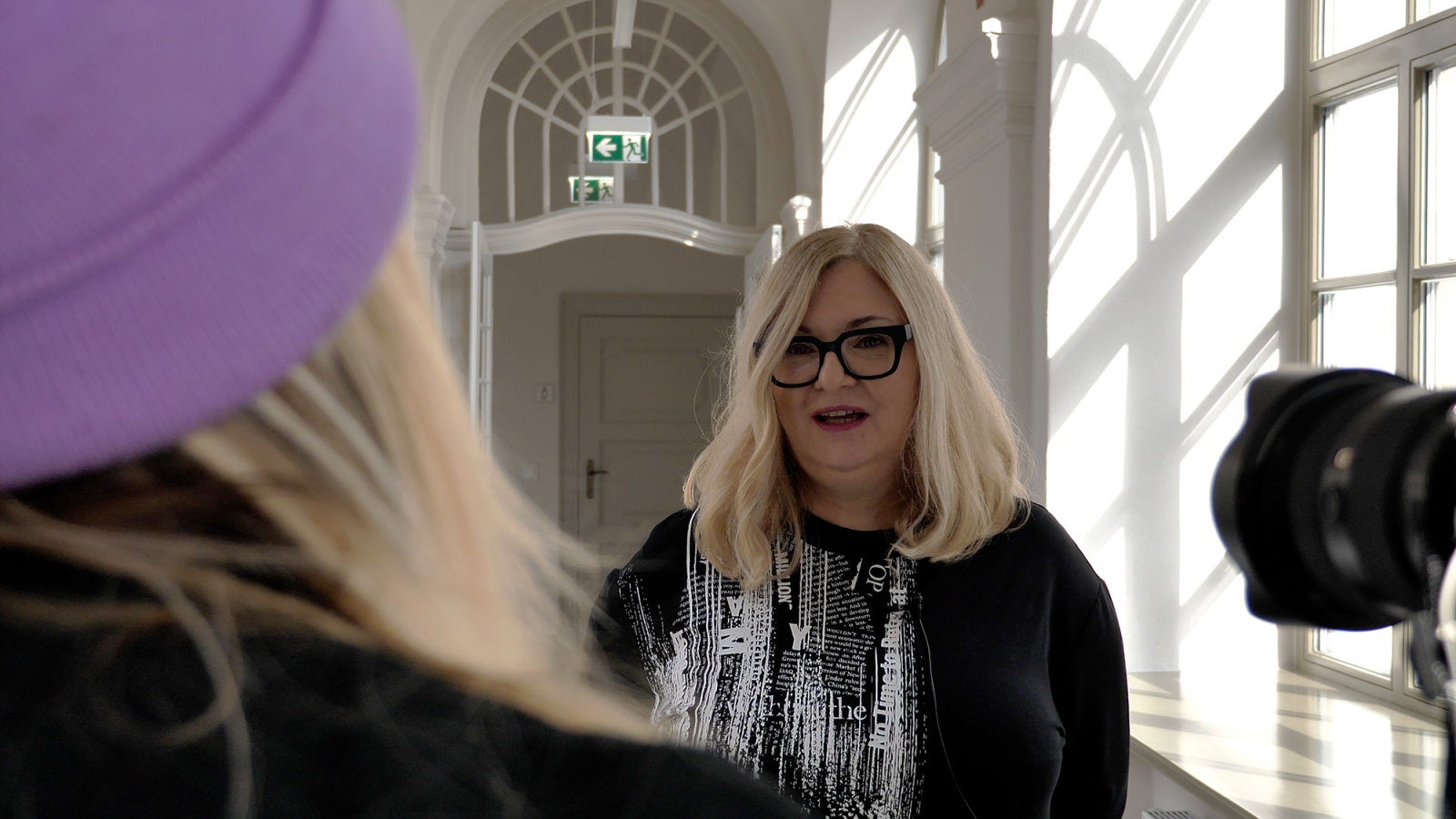
Arqus: How to evaluate students? Report from the Vilnius Summer School
The first Vilnius Summer School was dedicated to the teaching staff of all Arqus European Universities Alliance partner universities. The University of Wroclaw was represented by female scientists: prof. Barbara Łydżba-Kopczyńska from the Faculty of Chemistry, dr hab. inż. Magdalena Zagalska-Neubauer from the Faculty of Biological Sciences, dr Elwira Wachowicz from the Faculty of Physics and Astronomy, prof. Alina Bieńko from the Faculty of Chemistry, prof. Renata Duda from the Faculty of Social Sciences. They told us what new things they had learnt about didactics during workshops and lectures, invited us to meet them, during which they would pass on the knowledge they had gained to other academic teachers at our university, and invited us to participate in the next Summer School in Vilnius.
As prof. Barbara Łydźba (Department of Analytical Chemistry, UWr Faculty of Chemistry) said: I was surprised by the topic. After so many years of work, I didn’t know that I could learn so much new about grading, Everyone has experience of final grading – we question, give grades, do exams, students beg for every point to have a higher grade, and it turns out that’s not the most important thing at all. Much more time should be spent and it would be good if we also had time to focus on other forms of evaluation. Grading that helps students master the next stages of knowledge. When we can also verify and evaluate whether what we are giving them is understandable to them, whether they understand what we are talking about and what we expect of them. And another important thing – evaluation, which is itself a form of learning. We are used to the fact that the person who evaluates is the instructor, but the evaluators can be students. Not only can they evaluate us – the instructors – as to whether the classes are interesting for them, they can also evaluate themselves – point out what can be improved. It can be a form of learning – both for the students and for us – the instructors.
At the First Summer School in Vilnius, we learnt how we can motivate students through evaluation. For me it was a different perspective on didactics. What surprised me most was the artificial intelligence used to prepare classes, to build questions, not necessarily exam questions, to build tests and to support the evaluation of teaching progress. I was told that even if I make small changes to the way I teach, it could still be the start of a big change.
-I teach a course in physics for applied computer science at the Faculty of Physics and Astronomy, one part is a lab on the application of matlab in physics, using MatLab we try to teach them physics. MatLab is such a programming language. This year, for the first time, my colleague and I gave students a group project. – said dr Elwira Wachowicz (Department of Surface Physics and Nanomaterials, Faculty of Physics and Astronomy). I decided to involve the students in peer review. Normally they would certainly be bored during the presentation. They were given short questionnaires asking – what did they like, what advice would they give to students to improve their presentation. On the slates they wrote grades in three categories for the presentation. It seems to me that, firstly, it was good fun and, secondly, the students learned something more besides physics.
-For me it was a great challenge and experience. It was a very intense and inspiring time – recalls prof. Alina Bieńko (Department of Chemistry Didactics, Faculty of Chemistry). The main topic was the evaluation process. There was a very detailed emphasis on the role of evaluation. For me, it was very important to exchange experiences with other academics from Europe who, like us, combine didactics and research in various studies. These discussions were extremely valuable – the behind-the-scenes ones too.
My courses that I teach at the Faculty of Chemistry after the Vilnius Summer School have been modified to include a method, namely student co-evaluation. This method allows us to trace our teaching process and notice whether our teaching process is effective or not, whether the knowledge has been conveyed by us in an understandable and effective way.
We want to share the knowledge and experience we have gained and we plan to organise a series of meetings to share what we have learnt in practice, what has been most valuable to us, to showcase contemporary digital working tools that make evaluation easier.
We evaluate not for the sake of the teaching process itself. We evaluate to improve our own teaching process, but also to improve the students’ acquisition of knowledge. The measure of the greatness of any university is its well-educated graduates.
Didactics from the University of Wrocław! Only until the end of March can you apply for a trip to the next Summer School in Vilnius. More information can be found on the Arqus website.
Film:
Interviewed by: Agata Mitek
Photography and editing: Paweł Piotrowski



